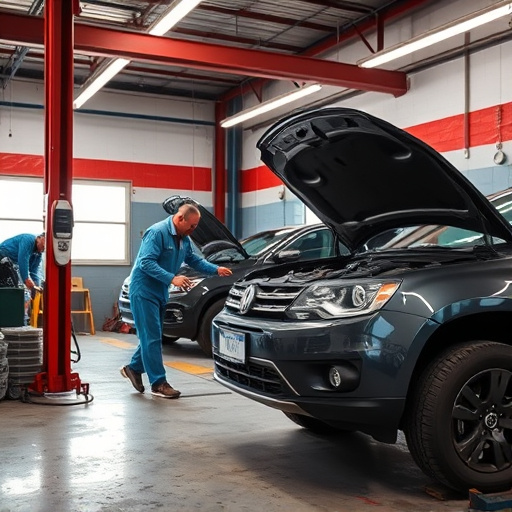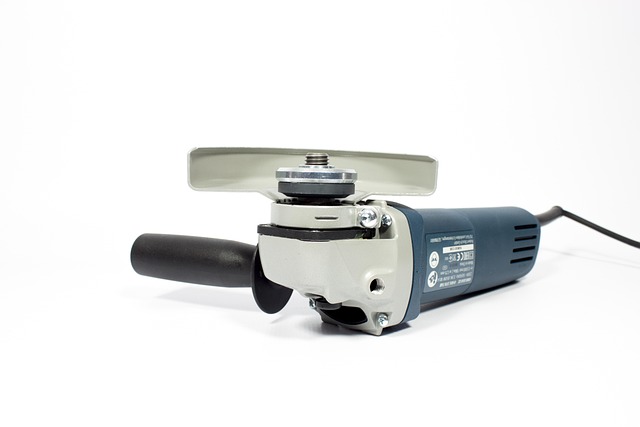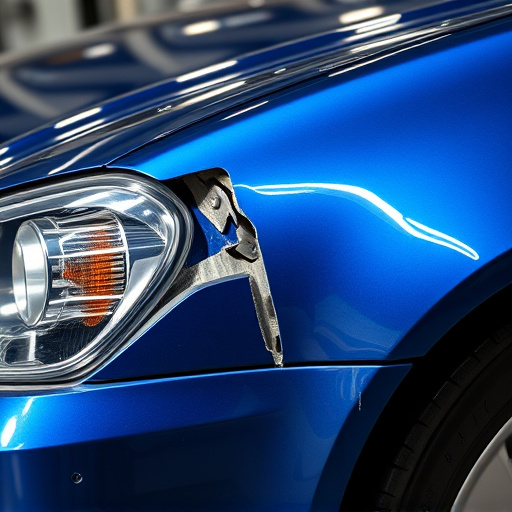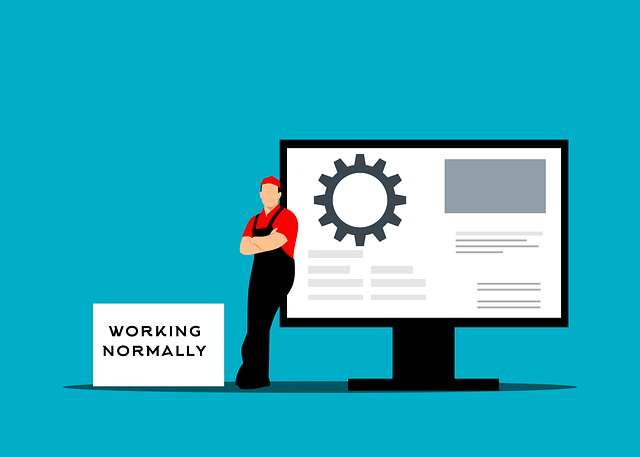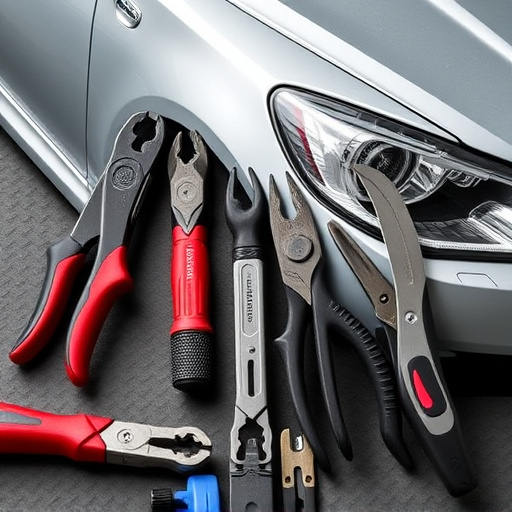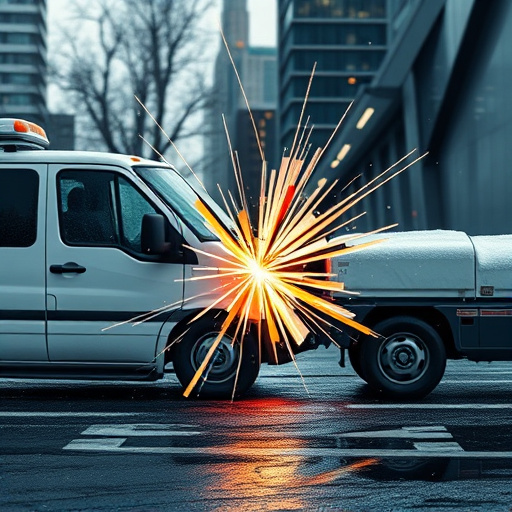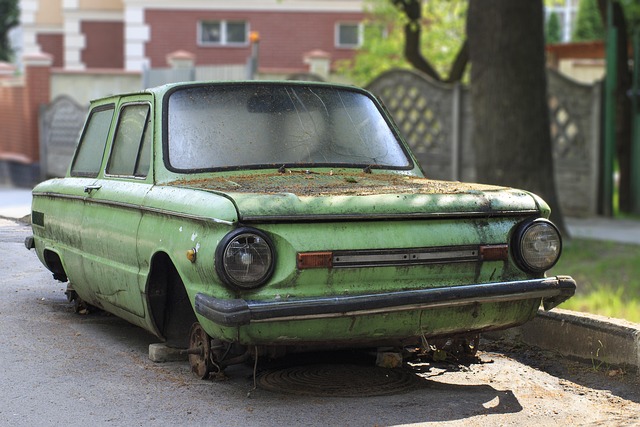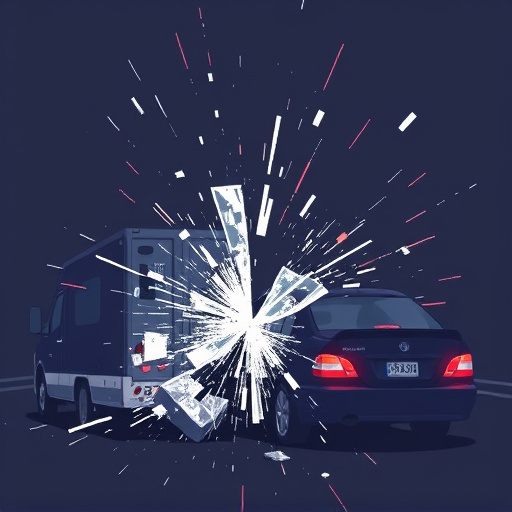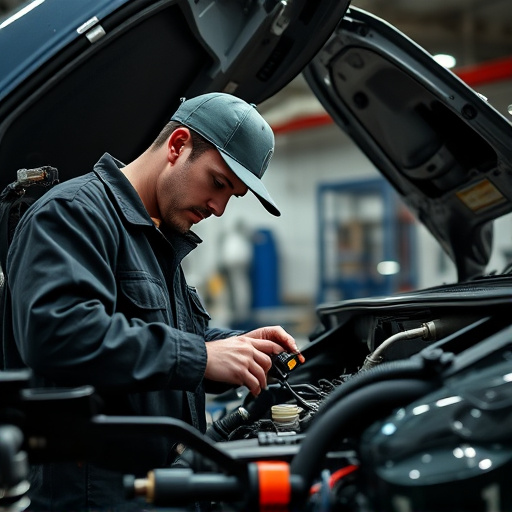In competitive weekend collision repair, efficient workflows, advanced tools, and customer-focused strategies are key to success. Investing in specialized equipment, pre-planning, digital tools, and car dent repair expertise boosts productivity and satisfaction. Transparent communication, flexible scheduling, and prompt issue resolution build trust, fostering long-term relationships for dominance in the market.
In the fast-paced world of auto body repair, efficient weekend services are crucial to meet customer demands. This article explores best practices for auto body shops aiming to excel in weekend collision repair. From optimizing workflow and equipping workshops with essential tools to ensuring customer satisfaction, we delve into strategies that streamline processes and deliver timely, high-quality repairs. Discover how these techniques can enhance your shop’s reputation and keep clients coming back for more.
- Optimizing Weekend Workflow for Efficient Collision Repair
- Essential Tools and Equipment for Quick Turnaround Times
- Ensuring Customer Satisfaction: Best Practices for Service Recovery
Optimizing Weekend Workflow for Efficient Collision Repair
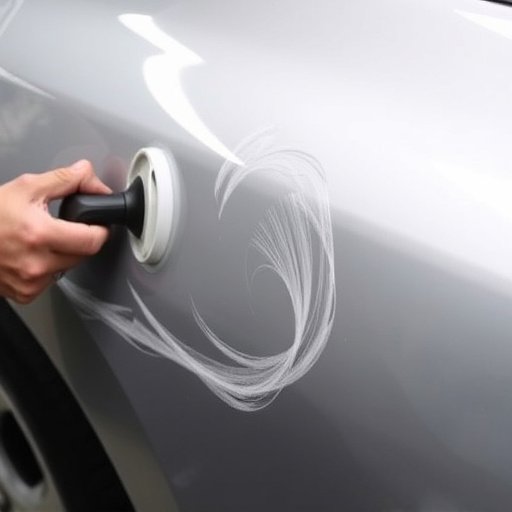
In the fast-paced world of auto body shops, optimizing weekend collision repair workflows is paramount to staying competitive. With many customers preferring to drop off their vehicles during non-business hours, efficient processes ensure faster turnaround times and higher customer satisfaction. A streamlined approach can involve scheduling dedicated teams for weekend shifts, pre-planning repairs to utilize downtime effectively, and implementing digital tools for seamless communication and order management. These strategies not only enhance productivity but also enable shops to offer more flexible services, catering to modern consumers’ needs.
Additionally, focusing on car dent repair and car damage repair during weekends can be a strategic move. By assigning specialized technicians to these tasks, shops can ensure precise and timely fixes for common issues like minor dents and scratches. This specialization, combined with optimized workflows, allows auto body shops to provide high-quality automotive restoration services, even outside regular working hours, thus attracting and retaining a satisfied customer base.
Essential Tools and Equipment for Quick Turnaround Times
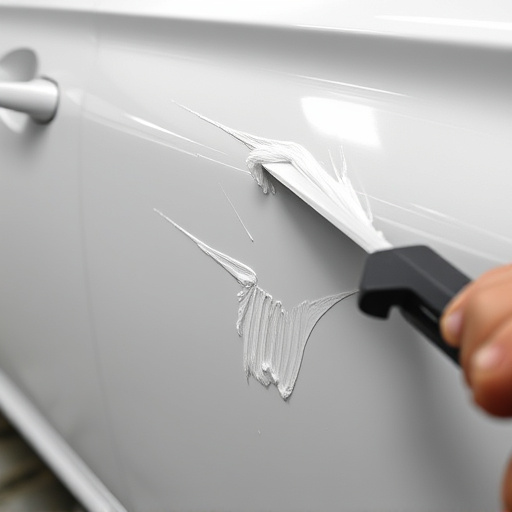
In the fast-paced world of weekend collision repair, auto body shops must equip themselves with a comprehensive set of tools and equipment to achieve quick turnaround times. Essential tools include specialized welding machines, precision cutting tools, and high-quality sanders for seamless metalwork. Advanced technologies like computer-aided design (CAD) software also play a pivotal role in accurate measurements and efficient repair processes.
Moreover, having an assortment of auto painting supplies, such as top-notch paint guns and a well-ventilated booth, ensures consistent and high-quality finishes. A car body shop’s investment in these tools not only facilitates faster repairs but also enhances customer satisfaction by delivering precise collision repair services within tight deadlines, setting them apart in the competitive market of auto body shops.
Ensuring Customer Satisfaction: Best Practices for Service Recovery
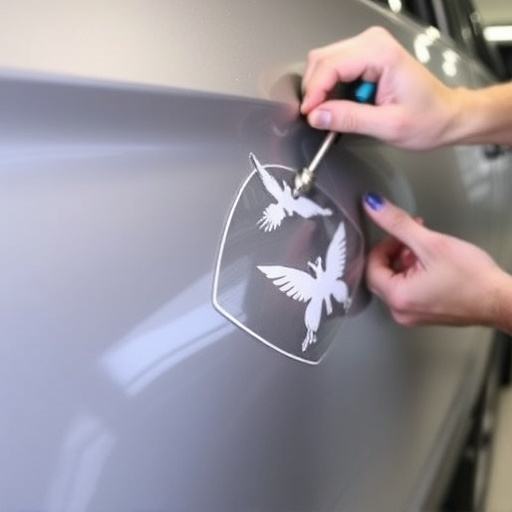
In the fast-paced world of weekend collision repair, ensuring customer satisfaction is paramount for any auto body shop. A key aspect of this is effective service recovery – promptly addressing any issues that arise during or after the repair process. This involves clear and consistent communication with customers about timelines, costs, and the quality of work performed. Providing transparent updates on their vehicle’s progress fosters trust and ensures clients feel heard and valued.
Best practices for service recovery include offering flexible scheduling options tailored to customers’ needs, especially during busy weekends. Promptly rectifying any defects or inconsistencies in vehicle paint repair, whether it’s a minor touch-up or a complete overhaul, demonstrates a commitment to excellence. Moreover, efficient fleet repair services for businesses can significantly reduce downtime, while individual car repair shops should prioritize quick turnaround times without compromising on quality.
Implementing efficient weekend collision repair practices can significantly enhance auto body shops’ productivity and customer satisfaction. By optimizing workflows, investing in essential tools, and adopting best service recovery strategies, shops can achieve faster turnaround times without compromising quality. Embracing these best practices ensures a seamless experience for clients, fostering loyalty and positive word-of-mouth recommendations, ultimately driving business growth in the competitive automotive industry.
